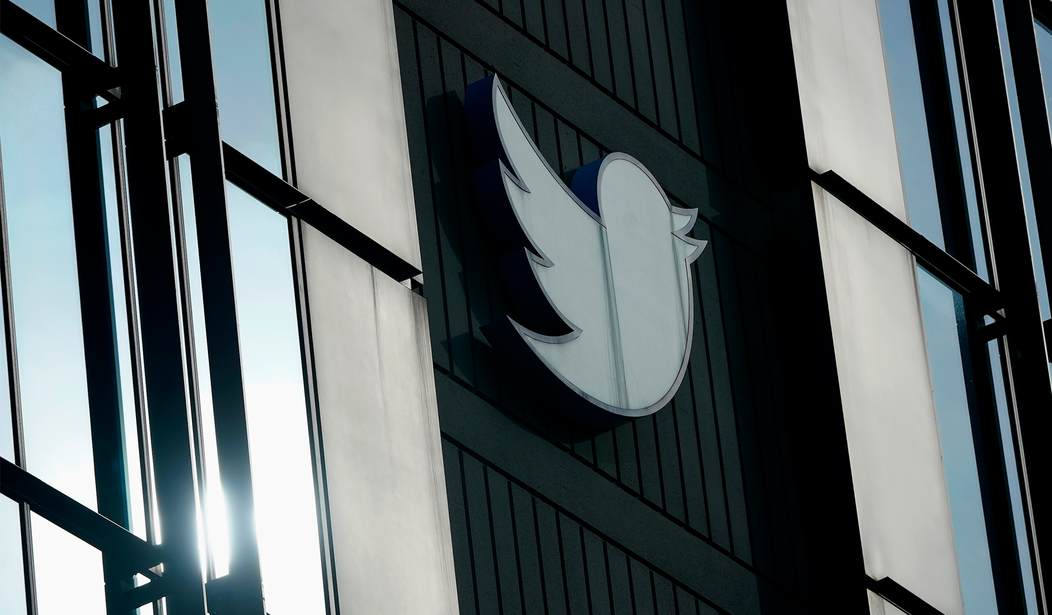Twitter CEO Elon Musk is at it again. In what appears to be an ongoing quest to rankle the media’s feathers, he has slapped another label on a popular news outlet that receives funding from the government.
Last week, Musk caused controversy by ensuring that Twitter users are aware of which media outlets are state-funded.
Folks on the left became irate when he labeled National Public Radio (NPR) as “state-affiliated” media. But now, Twitter has made them even madder by labeling the British Broadcasting Corporation (BBC) as “government-funded media.”
Breitbart News reported:
The British Broadcasting Corporation has formally “objected” to being labelled as “government funded media” on Twitter, writing to the Elon Musk-run social media giant to resolve the situation “as soon as possible” after its main account with over two million followers received the label over the weekend.
As Britain’s public broadcaster, the BBC receives most of its funding from a £159 annual television licence fee which every UK resident who watches live television is forced to pay, regardless of whether they watch the BBC or not. Should a resident fail to pay the licence fee, they face criminal fines, the non-payment of which could result in jail time.
What is even more hilarious is that Breitbart noted that the broadcaster tried to argue that it should not be labeled as government-funded “because its funding derives from the licence fee,” which they claim is technically different from a government tax.
Well, let’s see here, folks. The government created the fee. If you don’t pay the fee, the government will send men with guns and badges to throw you into a cage.
Yep, sounds like a tax to me, folks.
Musk wrote an email to BBC in which he explained: “We are aiming for maximum transparency and accuracy. Linking to ownership and source of funds probably makes sense. I do think media organizations should be self-aware and not falsely claim the complete absence of bias.”
He also noted that “[a]ll organizations have biased, some obviously much more than others,” and that he follows BBC on Twitter “because I think it is among the least biased.”
Despite the whining coming from the left, Musk’s decision to promote transparency regarding state-funded media outlets is a positive step for the online community. State-funded media is often used as a tool for governments to manipulate public opinion and control the narrative, which can ultimately undermine liberty and freedom of speech. By labeling state-funded media outlets as such, users can be more discerning when consuming news and make informed decisions about the credibility of the source.
In recent years, there has been growing concern over the influence of state-funded media in shaping public opinion. This is particularly evident in countries where the media is heavily controlled by the government, such as China and Russia. In these countries, state-funded media outlets are used to spread propaganda and promote the government’s agenda, often at the expense of the truth.
But the U.S. is not innocent either. NPR, which receives millions of dollars from the government each year, has completely given up on objective news reporting. Instead, it promotes a decidedly progressive and statist agenda, which means it is using its platform to propagandize about the virtues of a more powerful government.
By labeling state-funded media outlets, Twitter users can better distinguish between independent journalism and propaganda. This is particularly important in countries where the media is heavily censored and there is limited access to independent news sources. In such cases, state-funded media can be the only source of information available, making it even more important for users to know where their news is coming from.
Moreover, Musk’s decision to promote transparency is consistent with the principles of open and honest communication that underpin the Internet. It is what he promised to do after taking over Twitter. The Internet has transformed the way we communicate and access information, but it has also created new challenges, such as the spread of misinformation and the erosion of trust in traditional news sources. By promoting transparency, Musk is helping to restore trust in the media and ensure that users can make informed decisions about the news they consume.
Elon Musk’s decision to label state-funded media outlets on Twitter is a positive step toward promoting transparency. In a world where the media is increasingly being used as a tool for propaganda and manipulation, it is important that users have access to independent and credible sources of information. By promoting transparency, Musk is helping to ensure that the Internet remains a platform for open and honest communication.












